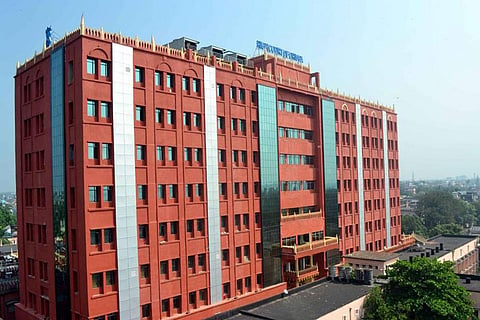

CUTTACK: The Orissa High Court on Friday expressed concern that the leprosy affected persons as well as leprosy cured persons of the state were not being properly taken care of. While directing the secretary of Social Security and Empowerment of Persons with Disabilities (SS&EPD) department Bishnupada Sethi to submit a report within fifteen days regarding the steps taken for eradication of leprosy, the division bench of Acting Chief Justice BR Sarangi and Justice MS Raman asked him to indicate the steps taken by the government for providing medical aid to the leprosy affected persons and also to rehabilitate those persons by providing adequate shelter to them.
The directions came while hearing a PIL filed way back in 2015 seeking direction to the state government for effective implementation of the National Leprosy Eradication Programme (NLEP). Bipin Bihari Pradhan, general secretary State Leprosy Welfare Federation, had filed the petition.
The court had appointed three Amicus Curiae - advocates Bibhu Prasad Tripathy, Gautam Mishra and Pami Rath. The division bench of Acting Chief Justice said reports furnished by the Amicus Curiae Committee revealed that there was deficiency in service from all corners to the leprosy affected persons, particularly those who were settled in colonies.
“As such, no remedial measures are being taken by the state and even if taken, they are not adequate for their survival. So far as providing medical facilities to the leprosy affected persons is concerned, the same is of pitiable condition. It has been brought to the notice of the court that though a set of persons have been appointed by the government to look after their health conditions, but actually nobody is going there to look after them,” the bench observed.
The bench ordered that the report shall also indicate as to whether the basic requirements, such as, food, shelter, and clothing as well as medical facilities and other basic amenities have been provided to such persons or not. “The affidavit should be in a pin-pointed manner. The steps which they are proposing to take should be in a time-bound manner,” the court directed.